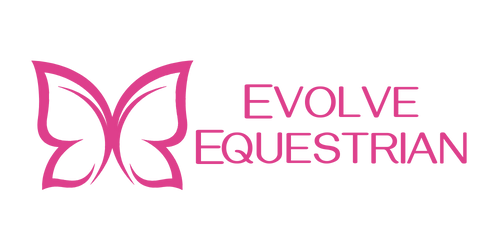
Commonly Asked Questions
What To Know Before A Session.
We will always discuss and address any specific concerns or questions you may have before using hypnosis. I’ve collated a number of commonly asked questions that should be helpful to you.
“What does hypnosis feel like? How will I know I’m in hypnosis?”
Hypnosis is essentially a cognitive state, related to belief and imagination – not a state of feeling, (though it may be accompanied by a variety of feelings) – however YOU experience hypnosis is what hypnosis is and is right for you.
“What if I can’t concentrate or focus” - “I can’t physically relax – my brain is too busy it won’t shut off.”
I can’t stress this enough, we will work on skills and techniques to address this. Everyone has thoughts and associations which pop up like annoying spam adverts. The technical term is ‘cognitive de-fusion’ but essentially you will be able to acknowledge any thoughts which come in, detach from them and simply allow them to pass on.
“What if I can’t picture what you describe?”
The quality of the pictures or sounds in your mind are secondary to the belief you have of the suggestion. We won’t use the term ‘visualise’ instead we will ‘imagine’. This will be a first-person experience for you using multiple senses and emotions relating to behaviours. Hypnosis provides a virtual reality simulator to rehearse new ideas and beliefs.
“What if I need to cough?”
If you need to cough, sneeze, scratch, or move to get more comfortable you are encouraged to do so. Being distracted by outer sensations is not ideal and better to be acted on. You will not ‘break’ the hypnosis, we will simply pause and re-focus on where we left off.
“Why Hypno-CBT?”
From a theoretical perspective, Hypno-CBT integrates the principles of hypnotherapy with an adapted model of cognitive-behavioural psychotherapeutic. Hypno-CBT is not just “CBT + hypnosis” but is a highly integrated conceptualisation and use of hypnosis within a cognitive-behavioural framework.
“How can I make the most of my investment in integrated cognitive therapy?”
Your motivation, having the desire and openness to the possibility of change of thoughts, emotions, and behaviours to become an alternative lived experience and an expectation that you can make this happen.
